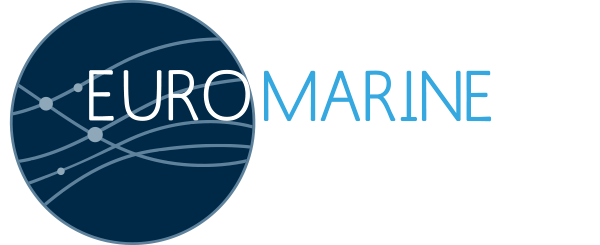Scope
Coastal marine ecosystems are substantial contributors to the prosperity and well-being in Europe. Several gaps in our knowledge of the mechanisms regulating the direction and strength of species interactions along gradients of environmental stress limit our ability to predict if and to which extent biotic amelioration of environmental conditions can sustain species persistence in the face of climate change.
Topic
This project will use marine habitat-formers as a model system to evaluate whether biotic amelioration of environmental conditions can be seen as a “blue” tool for mitigating the impact of global climate changes.
Objectives
Habitat-forming species might be used as a tool to mitigate adverse effects of enhanced adversity of environmental conditions. POSTCLIMA aims to foster our understanding and management of the impacts generated by the interaction between global (e.g. warming and acidification) and regional (e.g. eutrophication, hypoxia, enhanced sedimentation rates) stressors along European coasts. The FWS will build on knowledge and experience of invited partners on the current status of habitat-forming species, marine community assembly dynamics and global climate changes.
Expected Outcomes
- Advance our ability to predict and mitigate the impacts of global warming and acidification on marine biodiversity along European shores, a key step towards the protection and sustainable management of natural resources and ecosystems.
- Identify the potential of facilitation cascades as a blue tool for promoting the resistance of marine biodiversity at scales relevant to address the consequences of climate changes. Main ideas and concept will be synthesized in a paper for submission to a peer-review journal.
- Establish a network for the performance of coordinated distributed experiments (CDEs) in order to start addressing the most pressing questions regarding the role of positive species interactions in multiple stressors scenarios. Simple, low budget field experiments replicated at different sites along the European coasts. Importantly, the connections established during this project may form the basis for long-term experimentation and, hence, contribute the set up a roadmap for future research on climate change impacts in marine environments.
- Scoping and drafting a research agenda and work plan for submission as a proposal or part of a proposal to the forthcoming call “Societal challenge 5: Climate action, environment, resource efficiency and raw materials” (SC5) topic SC5-6-2014: Biodiversity and ecosystem services: drivers of change and causalities


